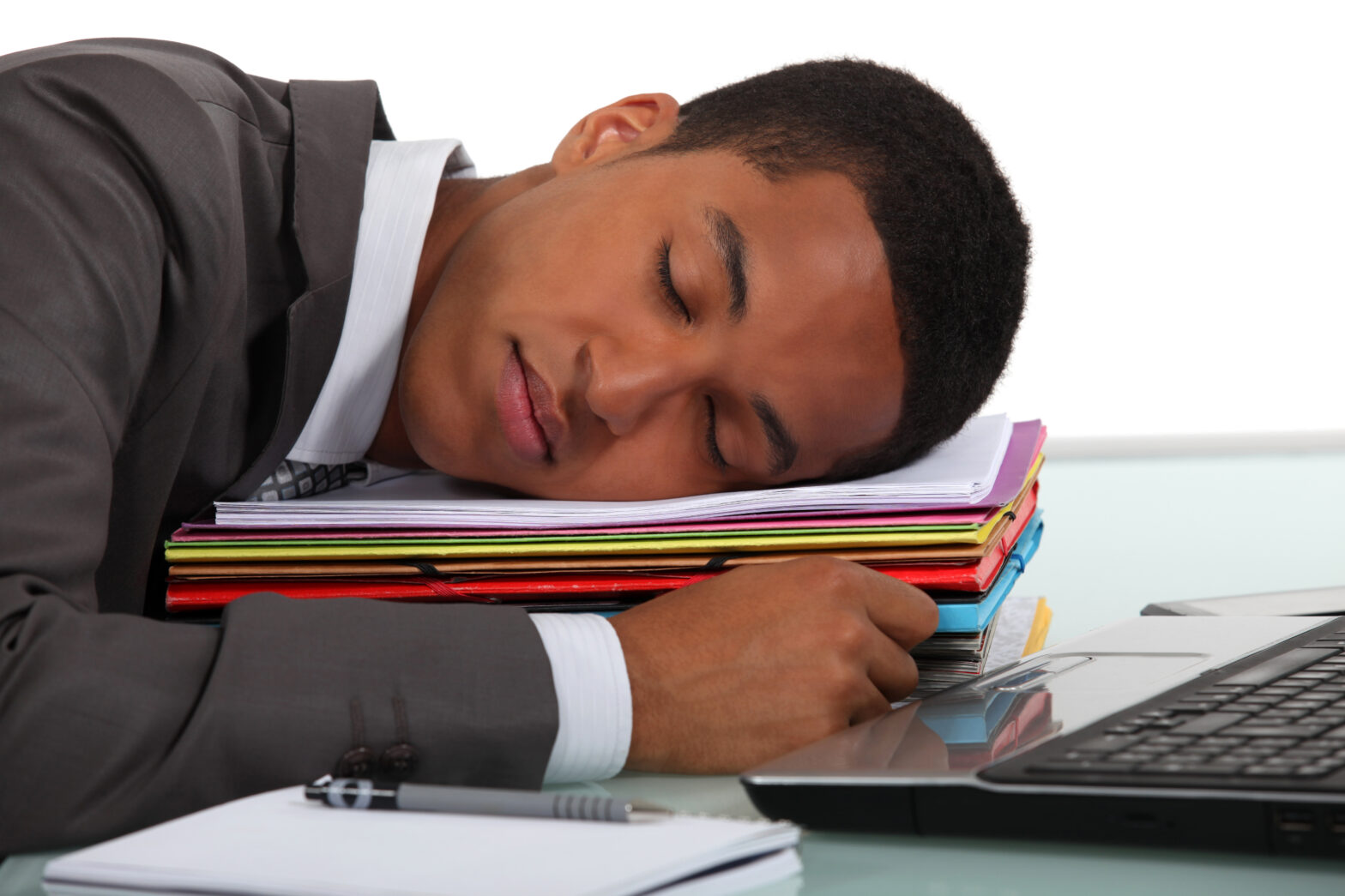Alarming new research from bed manufacturer Sealy UK has revealed the nation’s employees are turning up for work sleep deprived – impacting not only on their productivity and mood, but their safety. It is now spearheading a major initiative, appealing to bosses to take this often-overlooked issue more seriously.
The awareness campaign is based on data from Sealy’s recent Worldwide Sleep Census, which questioned 5,000 people of a working age from across the UK, revealing a staggering 70 per cent of employees admitting they could function better at work if they slept better.
Not only that, but the data also reveals a sleep-deprived nation, with the vast majority of us (77 per cent) failing to get the rest and recovery time needed to feel healthy and happy.
It appears this ongoing sleep deprivation is causing some serious issues in the working week; 65 per cent regularly lose their temper or have been irritable to a colleague, 30 per cent claim they suffer a lack of productivity, while 19 per cent of employees say they’re often late into work or have time off as a result.
A shocking 1-in-25 of us even admitted falling asleep whilst at work.
However, perhaps most worrying is the 11 per cent of workers who have had a recent accident at work – such as a trip or a slip, due to feeling tired.
The most sleep deprived professions – based on the likelihood to wake up exhausted each morning – emerged as:
1) Hospitality (86 per cent)
2) Banking and finance (79 per cent)
3) Construction (77 per cent)
4) Retail (76 per cent)
5) Transport and communications (76 per cent)
A call for bosses to put sleep at the top of their agenda
Despite the popularity of ‘wellness’ perks at companies across the UK, from gym memberships to medical insurance and even free healthy snacks, sleep remains something that is often overlooked by employers, and not treated as an important issue. This happens despite the potentially serious impact of staff not achieving adequate rest, as demonstrated in the study.
Neil Robinson, an expert on sleep at Sealy, comments, ‘Lack of sleep – and the subsequent fallout the next day – can be caused by a wide range of legitimate medical conditions, from stress, to mental health problems or respiratory disease. Even at the less severe end of the spectrum, there’s usually an underlying health issue causing sleeplessness. However, it’s often treated as an incidental issue by bosses, with a ‘pull yourself together’ attitude. This is not helpful for employees, especially when there are some potentially severe consequences of turning up exhausted.
‘There are of course occasions when staff are tired as a result of staying up too late or burning the candle at both ends. However, this campaign is about helping bosses make that distinction, as well as encouraging a common-sense approach to effectively managing sleep in the workplace.’
To address this important issue, Sealy is working with a leading HR expert, Kate Russell, of Russell HR Consulting – a firm advising companies of all sizes across the UK when it comes to best-practice HR policy – to produce a ‘common sense’ guide for bosses to better manage sleep deprivation of staff. Companies and organisations already supporting the campaign include North Cumbria University Hospitals NHS Trust and The Light leisure and retail centre in Yorkshire.
Russell says, ‘Tiredness poses a severe challenge to our ability to function well, yet it is frequently the root cause of decreased productivity, accidents and mistakes which cost companies billions of pounds each year. Sleep deprivation is no laughing matter. Eventually, our biological drive to compensate for sleep deprivation wins, and the loser might be your workers, your business or even you. Businesses have a critical responsibility to take sleeplessness seriously. If you want to raise performance—both your own and your organisation’s—you need to pay attention to this important issue. Ensuring that staff are well-rested is quite simply a smart business strategy.’





